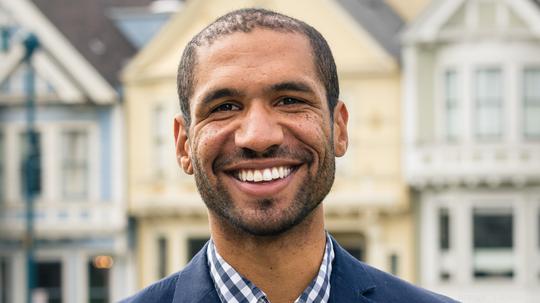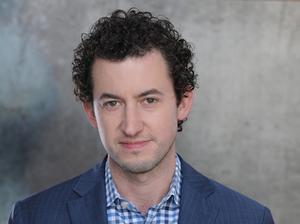
San Francisco-based Landed, which offers a shared-equity program to help teachers, first responders and health care workers buy their own homes, said Wednesday that it raised $31 million as it seeks to help more essential workers across the country.
The Series B was led by Learn Capital and Navitas Capital, with participation from new investors First American and MassMutual Ventures. Previous backers also invested in the round, including OMERS Ventures, Initialized Capital and Ulu Ventures.
The company, co-founded by Jonathan Asmis and Alex Lofton, wants to go national with its downpayment assistance program that allows qualified professionals to put down just 5% of a home’s purchase price. Landed covers up to 15% of the purchase price, putting in up to $120,000 in a property purchase.
“This investment will allow Landed to scale its products across the U.S., ensuring we reach every essential professional who wants to build their financial security while serving their communities,” said Asmis, who is CEO.
Lofton, who is head of Landed’s culture and brand, told me that scaling the company will require big investments in technology, data and staff to extend its flagship product of downpayment assistance.
“Our program is designed to help a teacher or a nurse or a firefighter achieve a standard 20% downpayment, so they can access a traditional mortgage and purchase a home,” Lofton said. Many of these homebuyers have the financial ability to make mortgage payments but have difficulty saving for a downpayment while paying rent and other expenses, he said. Achieving a 20% downpayment waives the need for costly mortgage insurance and results in a lower monthly mortgage payment.
Landed’s roots are in the Bay Area, where high housing costs send many essential workers to the region’s outskirts or out of California altogether in their efforts to realize the American dream of homeownership.
Since its founding in 2015, Landed has helped clients purchase more than $500 million worth of homes in more than 300 cities. The company began by working with five Bay Area school districts and now works with more than 3,600 employers’ job sites.
Lofton told me he gained first-hand appreciation for the power homeownership can play in building family wealth when his parents inherited his grandmother's house.
“My mom was a fourth grade school teacher, my dad was a social worker, so a lot of this is very personal,” Lofton said. “So the question is, ‘How do we allow folks like my parents to keep them in our communities without having to have the fortune of something like intergenerational wealth?’”
The company’s focus on clients who don’t have that type of money also means that Landed’s early data shows its client base is more Black and Brown than the Bay Area’s average home buying population.
“Many of these families — especially families of color — don’t have access to the ‘Bank of Mom and Dad’ for a downpayment on a home,” Lofton said. “The more people we can help access homeownership to build intergenerational wealth, the more we are able to chip away at wealth inequality in this country and around the world.”
While Landed often works with hospitals, cities and school districts to help their employees buy homes, essential workers wanting assistance in buying a home can work directly with Landed.
Landed generates revenue through a 1.25% fee that’s waived when working with a Landed-partner real estate agent, who shares a portion of their commission with Landed. If the homebuyer is working with an agent not partnering with Landed, then the fee is paid by the buyer.
Landed also generates revenue through its joint-venture mortgage arm. Landed clients aren’t required to use Landed Home Loans, but often do.
Here’s how it works: Landed’s shared-equity arrangement lasts between two and 30 years, with Landed eventually getting its investment back plus 25% of the rise — or fall — in the home’s value. For example, Landed helping a homebuyer by putting down 10% of the home’s purchase price of $500,000 would invest $50,000 in the property, along with the buyer’s 10% downpayment. If the property appreciates to $600,000 when the equity-sharing arrangement ends, Landed would receive its $50,000 investment plus $25,000 for its share of the $100,000 in appreciation.
Shared-equity is one of the hottest sectors of proptech, with Palo Alto-based Point raising more than $1 billion in capital commitments last month to buy stakes in Americans’ home equity.
Lofton told me that Landed approaches the market differently, with its strong focus on helping with downpayments exclusively for essential workers. Many shared-equity rivals will help with downpayments for home buyers, but existing homeowners wanting an alternative to home equity loans has emerged as a big opportunity for most startups in the shared-equity space.








